Road bitumen grade BND 60/90
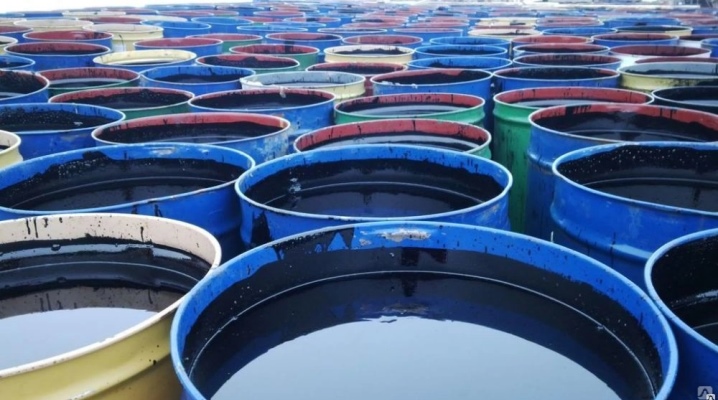
The durability and practical use of hardened asphalt on highways, overpasses and streets significantly depends on the parameters of the bituminous building material. The article deals with the brand of road bitumen BND 60/90, which largely ensures the durability of the road surface.
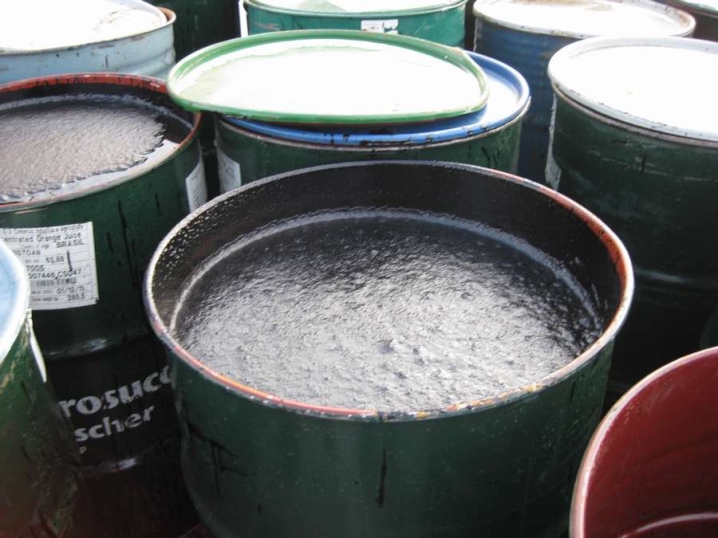
Specifications
Long-lasting road surfacing lies in making the roadway as susceptible to cracking as possible. Resistance to possible shifts leading to cracking, less exposure to precipitation and dirt, frost resistance are the main parameters of asphalt. The bitumen filler of the BND 60/90 brand fits well into these requirements.
It is it that is used in many regions to build new roads and restore existing ones.
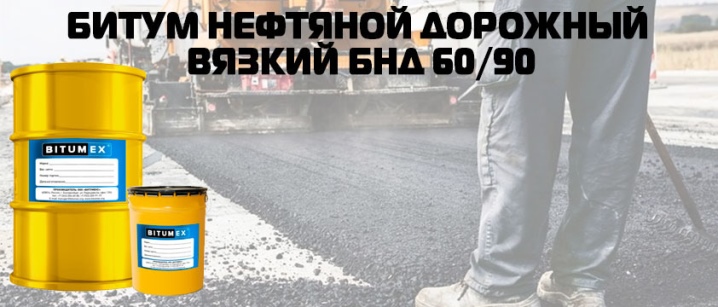
For clarity, the table shows comparisons of BND 60/90 with four other brands of the composition.
|
Characteristic |
BND in accordance with GOST 22245-90 |
||||
|
200 / 300 |
130 / 200 |
90 / 130 |
60 / 90 |
40 / 60 |
|
|
Sample puncture with a cone (immersion of the test body), mm |
|||||
|
at 25 ° С, not worse |
20,1-30 |
13,1-20 |
9,1-13 |
6,1-9 |
4-6 |
|
at 0 ° С, not worse |
4,5 |
3,5 |
2,8 |
2 |
1,3 |
|
Temperature, ° C |
|||||
|
loss of hardness, not less |
35 |
40 |
43 |
47 |
51 |
|
embrittlement, not higher |
-20 |
-18 |
-17 |
-15 |
-12 |
|
ignition, not lower |
220 |
220 |
230 |
||
|
Elongation, cm |
|||||
|
25 ° С, not shorter |
- |
70 |
65 |
55 |
45 |
|
0 ° С, not shorter |
20 |
6 |
4 |
3,5 |
- |
|
Changing the value of the temperature of loss of hardness after heating, 0 ° С, no more |
7 |
6 |
5 |
5 |
5 |
|
Index of immersion of a cone body in a sample |
-1.0 to +1.0 |
||||
Based on the presented characteristics of bitumen, modification 60/90 has earned the greatest recognition in road construction / repair.
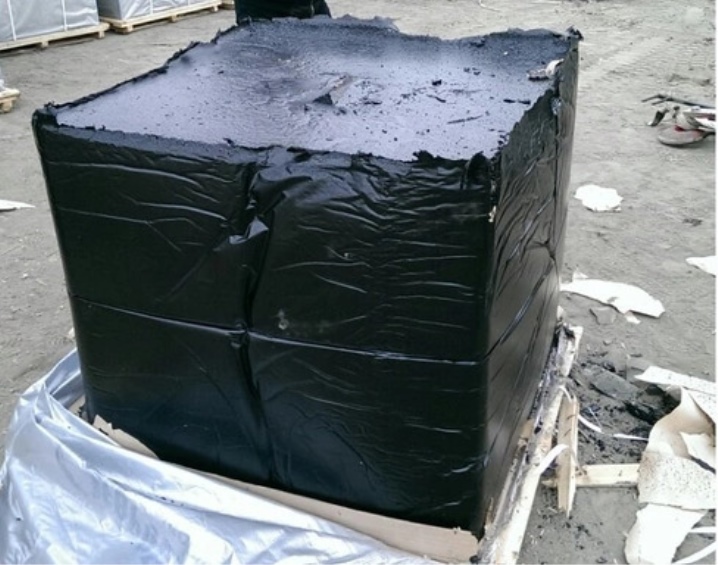
The fact is that this brand of petroleum bitumen firmly holds crushed stones, sand and mineral additives, as a result, turning the cooling asphalt from a viscous coating into which a leg or a tire falls into a very hard layer of canvas that serves for 10 or more years. Density (volumetric weight) BND 60/90 - 1032 kg / m3.
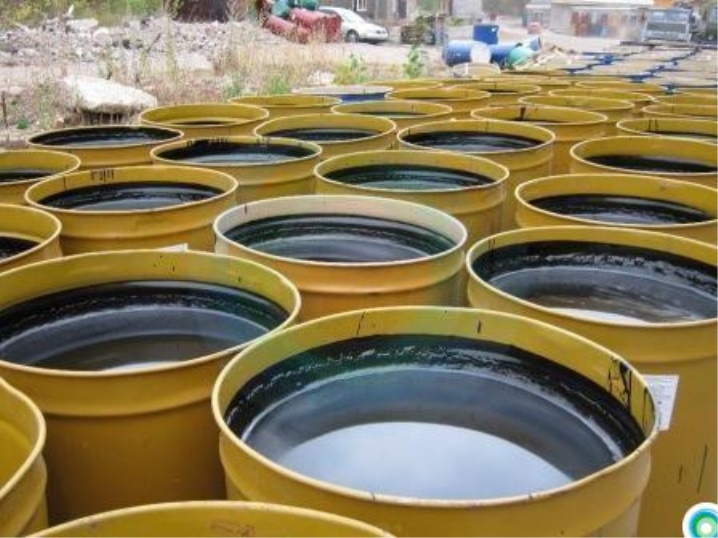
Where is it used?
Road bitumen BND 60/90 is the main component after sand and crushed stone. It is used in the restoration and laying of roads and parking lots for all kinds of purposes. Instead of bitumen, you can also use cement - then instead of asphalt, concrete would turn out. Putting a 1: 1 ratio of sand to cement in concrete, you would get a coating that is not inferior to asphalt in terms of strength and durability. But such a solution is noticeably more expensive than asphalt, which includes bitumen.
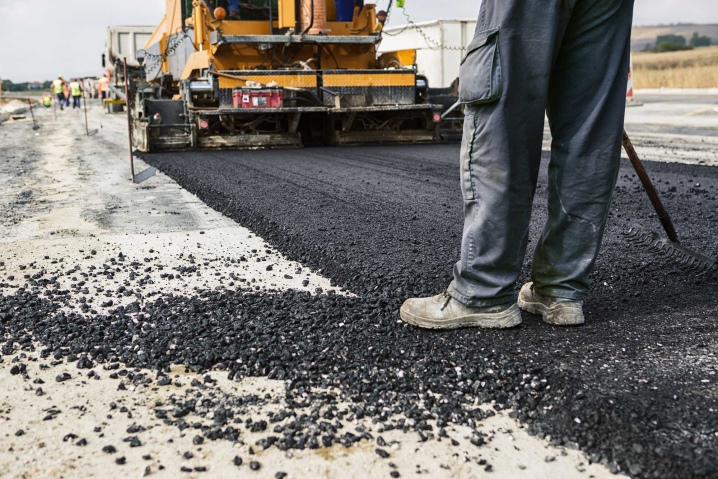
Paving of asphalt and asphalt concrete of hot and warm paving does not do without preparation, distribution and pressing of the mixture by the roller, as well as the final application of the pavement under the projected area and the lane of traffic of the carriageway.
Before laying the new asphalt, the old asphalt is preliminarily broken up and removed - it, in turn, is sent to the construction of temporary roads and carriageways with variable traffic lanes.
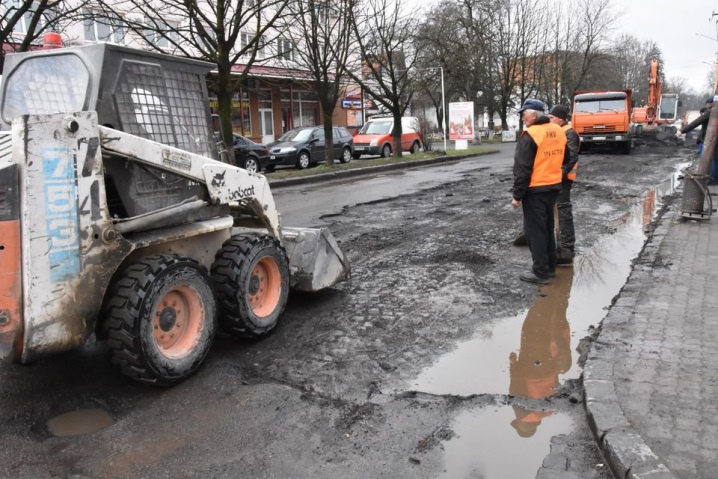
Before adding bitumen to the asphalt, the briquettes are cleaned from packaging, broken into pieces, poured into a metal container and heated over a fire or in a special tank powered by gas. Thus, they achieve complete melting of the bitumen composition to a liquid, flowing state. Bitumen should not contain stones, fragments of all kinds of recyclable materials or excess impurities, should not be foamed.
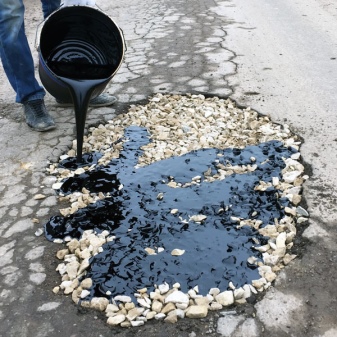
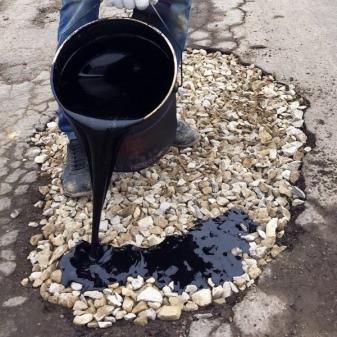
If bitumen is used as a building waterproofing, then, after partially cooling it to 80 ° C, a solvent is poured into it. After that, the master will have only 2 minutes to distribute the bitumen taken with a roller or brush evenly over the surface to be coated.
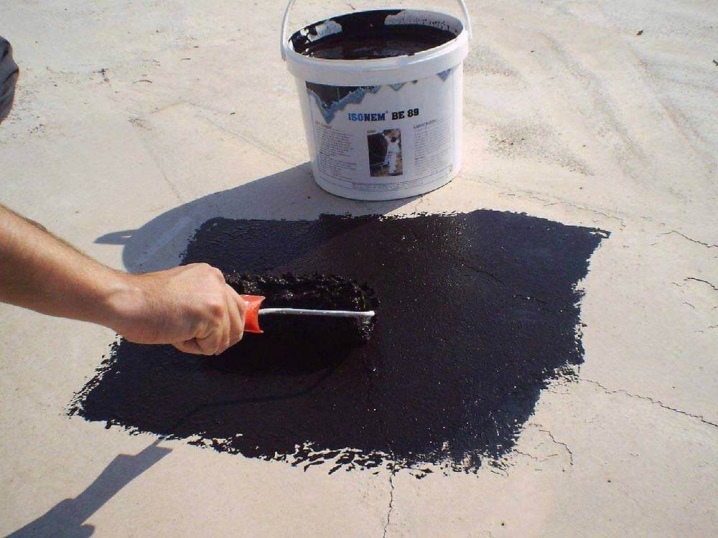
How to transport correctly?
Bitumen transportation is carried out in accordance with particularly stringent regulations. Thick bitumen is a combustible substance, and diluted with solvents is also explosive. It must be transported only in liquid form with constant heating, for example, in a bitumen truck, to the place of asphalt paving. If you allow it to cool in a tank, then it will take a very long time to melt it, since melting a huge briquette, which took the form of a tank, is much more difficult than melting a bitumen composition, chopped into pieces.
The fact is that it is more difficult to stir a melting briquette than pieces that melt randomly at an elevated temperature.
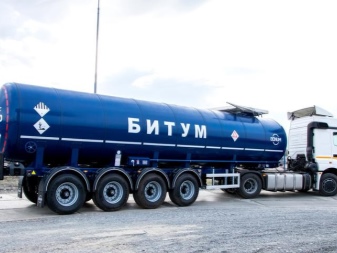
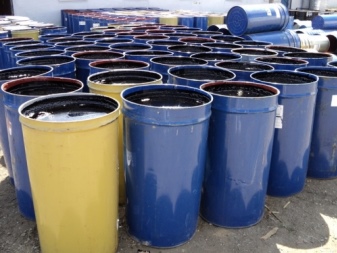
For a more economical maintenance of the softening / melting temperature, the tank can be lined with basalt mineral wool. A special mechanism works inside the tank to ensure the mixing of the composition. Transportation of bitumen in the cold is carried out with constant heating.
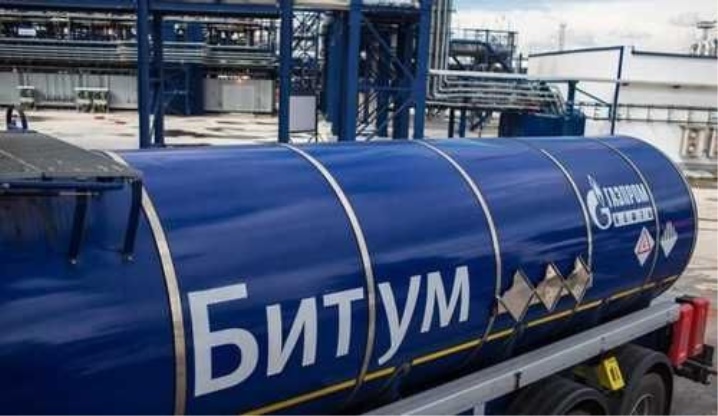
Bitumen is discharged through a separate pipe located in the lower part of the tanker at the place of laying / repair work. According to GOST, the bitumen truck is equipped with a reflective tape, two shut-off valves located on the drain pipe one after the other. If one of the cranes passes bitumen (wear of its plug), the second will prevent the spilling of building materials along the road that is part of the bitumen truck route.
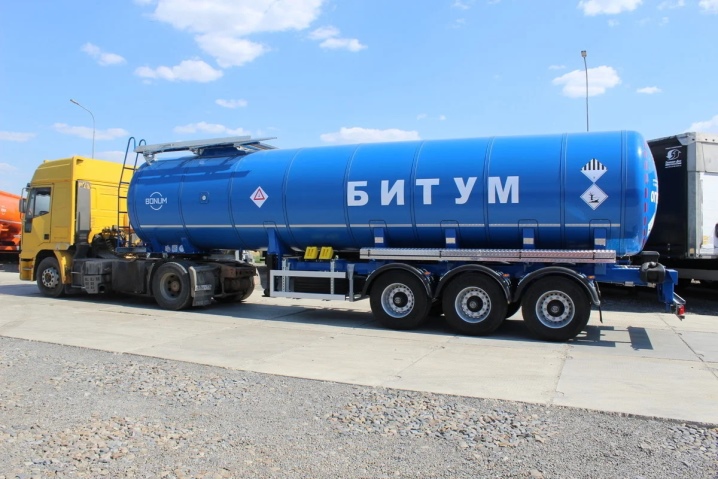













The comment was sent successfully.